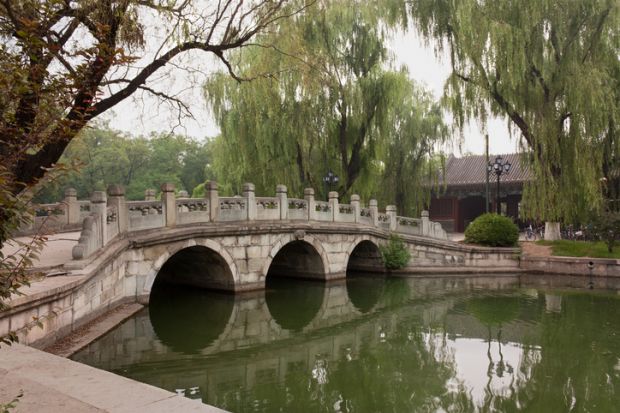The case of a woman who killed herself after alleging she was raped by a professor has become a rallying cry “for China’s fledgling #MeToo movement”, 20 years on.
Gao Yan, a Chinese literature student at Peking University, “was raped by a professor, her friends and relatives say, and soon after she killed herself”, the New York Times said of the 1998 case.
In recent days, “millions of people have shared Ms Gao’s story online, even as the government has deployed censors to stamp it out”, the newspaper adds.
The South China Morning Post had previously reported that Shen Yang, the academic accused of raping Gao Yan – who denies the allegations – had been fired from jobs at Shanghai Normal University and Nanjing University after the claims came to light.
Peking University, where he worked until 2012, announced last week that he “had been given a major demerit in 1998 after being accused of having sexual relations with student Gao Yan”, the SCMP noted.
Ms Gao’s former classmates brought the case to attention by posting remembrances of her, detailing her allegations.
Ms Gao’s parents complained to Peking University about the alleged rape in 1998 and it investigated. “However, while it concluded that Shen had engaged in a sexual relationship with Gao and issued him with a demerit, it did not terminate his employment contract,” the SCMP said.
In January, a Beihang University academic was sacked after allegations of sexual misconduct were made by several women.
“While the #MeToo movement has struggled to gain wide traction in China, in large part because of the governing Communist Party’s tight control of civil society, universities have proved to be an exception,” the NYT said.




